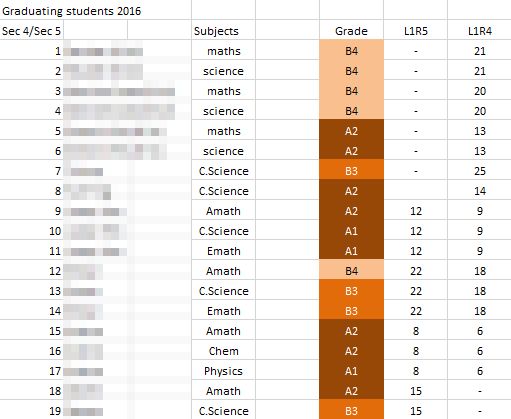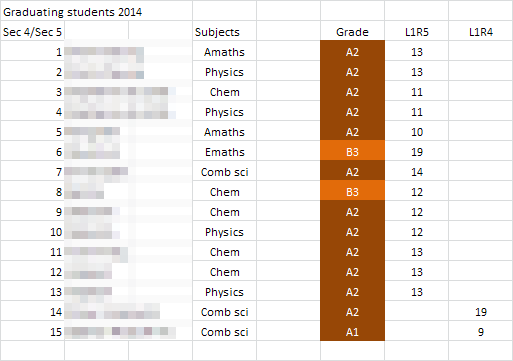Is it something to be worried about, especially when MOH had issued an orange alert last Friday, upgrading the alert from yellow previously. I had one cancellation of lessons due to fear of the virus spreading, especially when a private car operator had it too.
Either way, I'm prepared for it. I'm going to get a webcam today (hopefully) and had a tablet with digital pen ready. I've also researched on the best way to conduct online lessons, so it's all set and ready to go. Following 2003's SARS experience, I think MOE might close JC for 1 week, secondary schools for 2 weeks and primary schools for up to 3 weeks. The children will take all the online e-learning at home to continue their studies, while all external cca will be stopped, including all inter-school competition and Nationals. It's a way for them to stem the spread of the virus.
Frankly, I'm quite excited to try online tutoring, because the last time I did was decades ago, and the experiment failed multiple times. But last time, there wasn't Udemy, Khans academy etc, so maybe the time wasn't right. Perhaps this time it'll be better? If successful, students don't have to travel anymore (to my place for lessons) and distance will no longer matter. There'll also be a potential for group lessons where the tutors/tutees are all at different place, but connected together through the power of the internet.
I hope to survive this period and hopefully get out of it stronger than before.
Stay safe and stay healthy.






 RSS Feed
RSS Feed